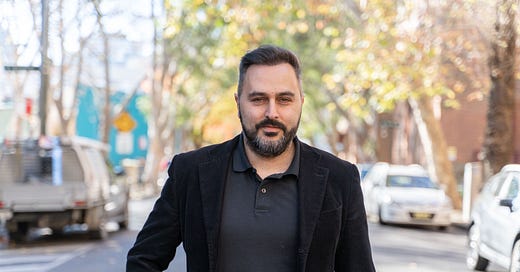Rate cuts still on the cards by end of year
There’s no doubt interest rates are starting to bite, with retail sales sluggish in April and unemployment back above 4.1%. A trend is now starting to emerge, and it’s clear that rates have been pushed the to limit. The consumer is slowing down, inflation is still above target range, but it won’t be long before it starts to come back down within range and perhaps maybe even below over the next few years.
The reason property prices remain strong is because of strong migration and disastrous building approval numbers, which aren’t getting better. Building approvals bounced slightly this month but remain very low. Unit approvals are down 7% over the past year. We’re barely building at our trend, let alone enough to accommodate the migration growth.
The only components of inflation that aren’t falling or rising hard are those which are impacted by higher rates. Rents and insurance premiums get more expensive as rates rise, not the other way around. So when interest rates do come down, there will actually be an improvement to inflation.
The RBA’s own research analysis have now realised (too late) that higher rates make house prices more expensive, as developer’s borrowing costs are pushed through into higher prices for new homes.
And so that’s where we find ourselves. A Mexican standoff between high rates and low supply. Demand is still strong, we’re seeing continued investor activity across our businesses as the rental market continues to tighten.
The market is still undecided on when rates will be cut, with expectations fluctuating constantly, as seen below.
I’m still of the view that it will happen in the second half of this year, something I’ve been saying since late last year. My timing might be off by a couple of months, but I do think they’ll be lower this time next year as the brakes on the economy start to cause damage.
Bottom line: One thing to keep in mind is that we have a federal election next year in Australia. It will be a housing election, there will be a lot of noise, but I don’t think much substance. The electorate is annoyed at how the government (both sides) have mishandled housing, but the thing is, its too late and too hard to fix the problem.
But there is no quick fix. Even if we shut the migration gates tomorrow (which won’t happen), there is enough natural demand to soak up the little supply that is coming onto the market.
Peter Esho is an economist and Founder of Esho Capital. He has 20 years of experience in investments and markets.





